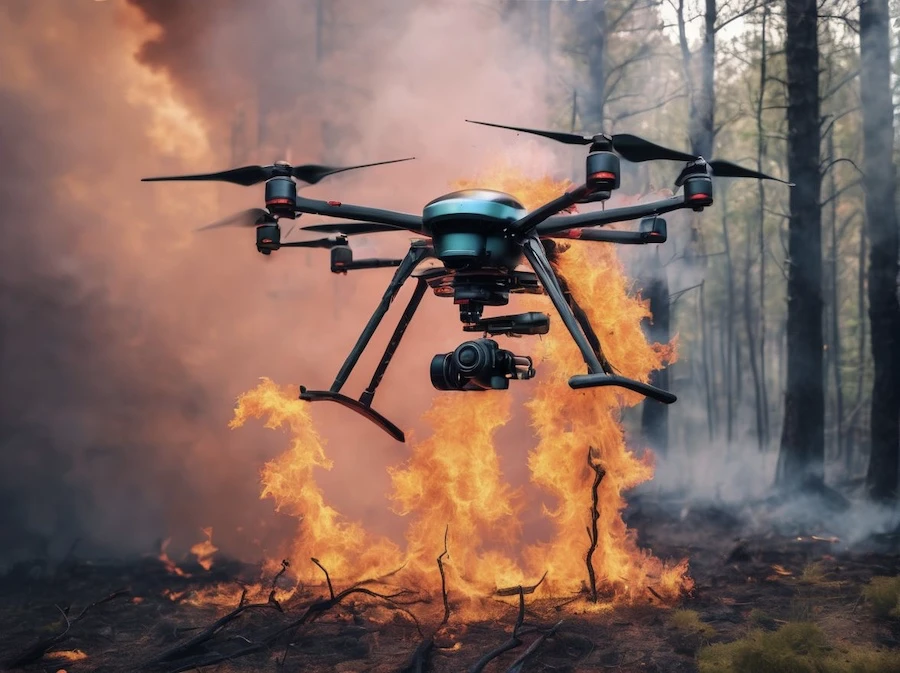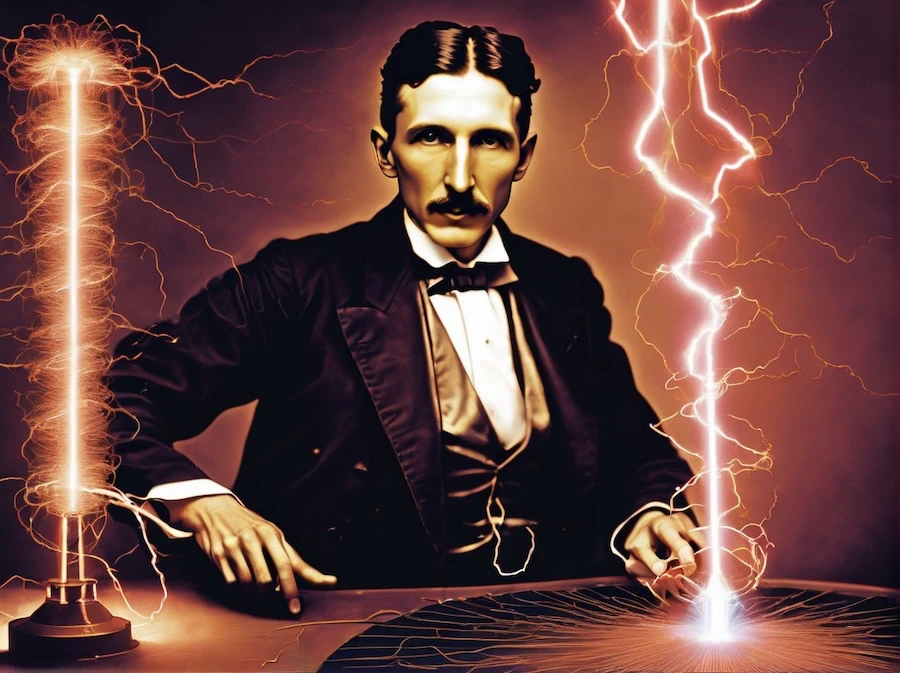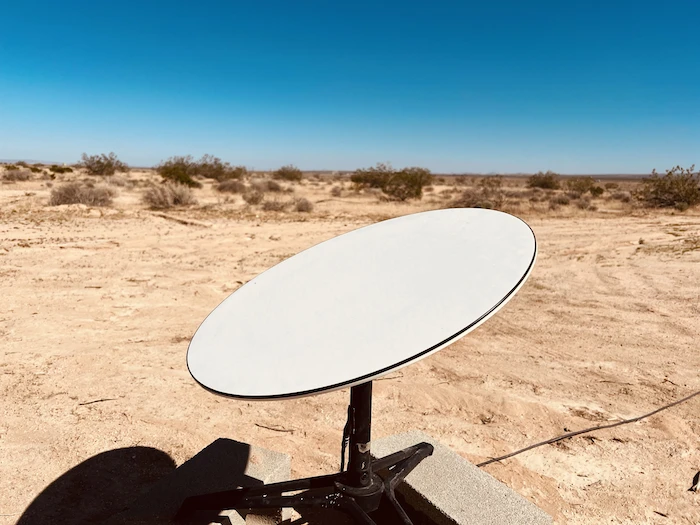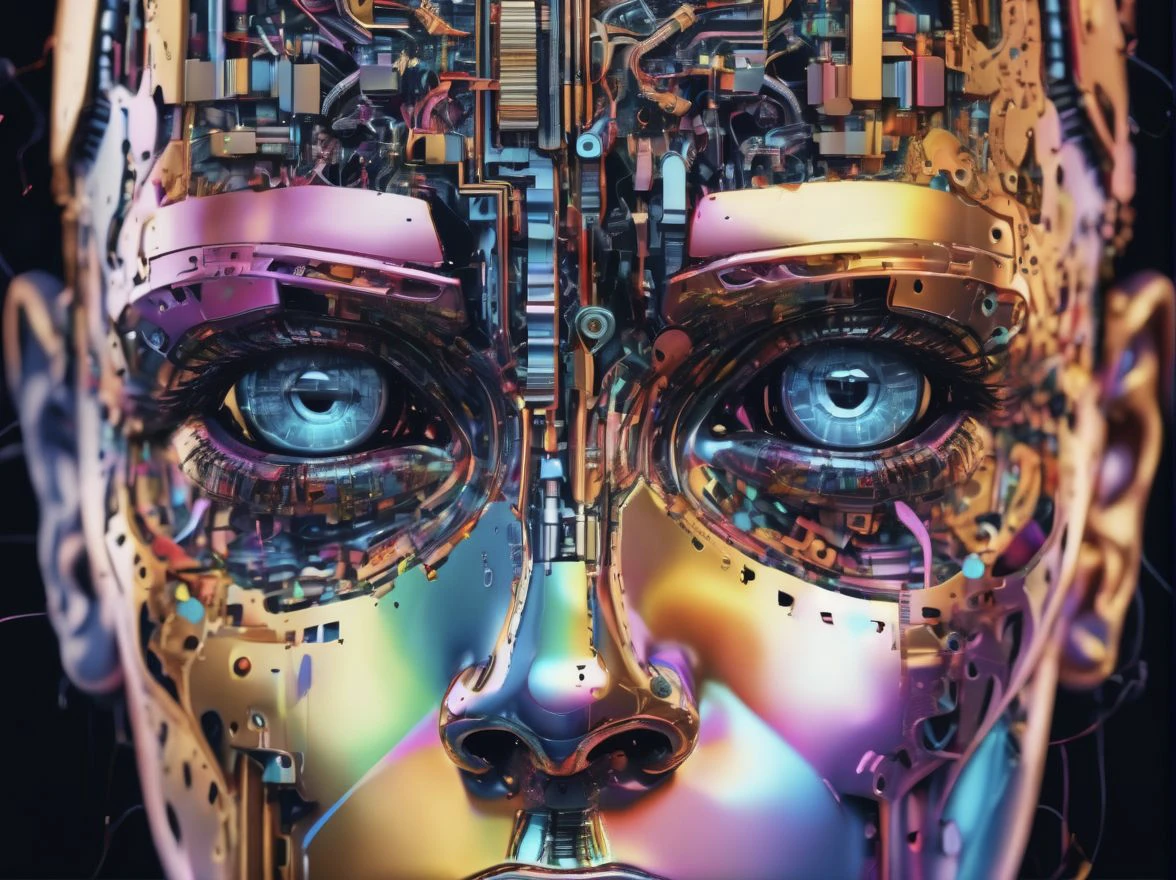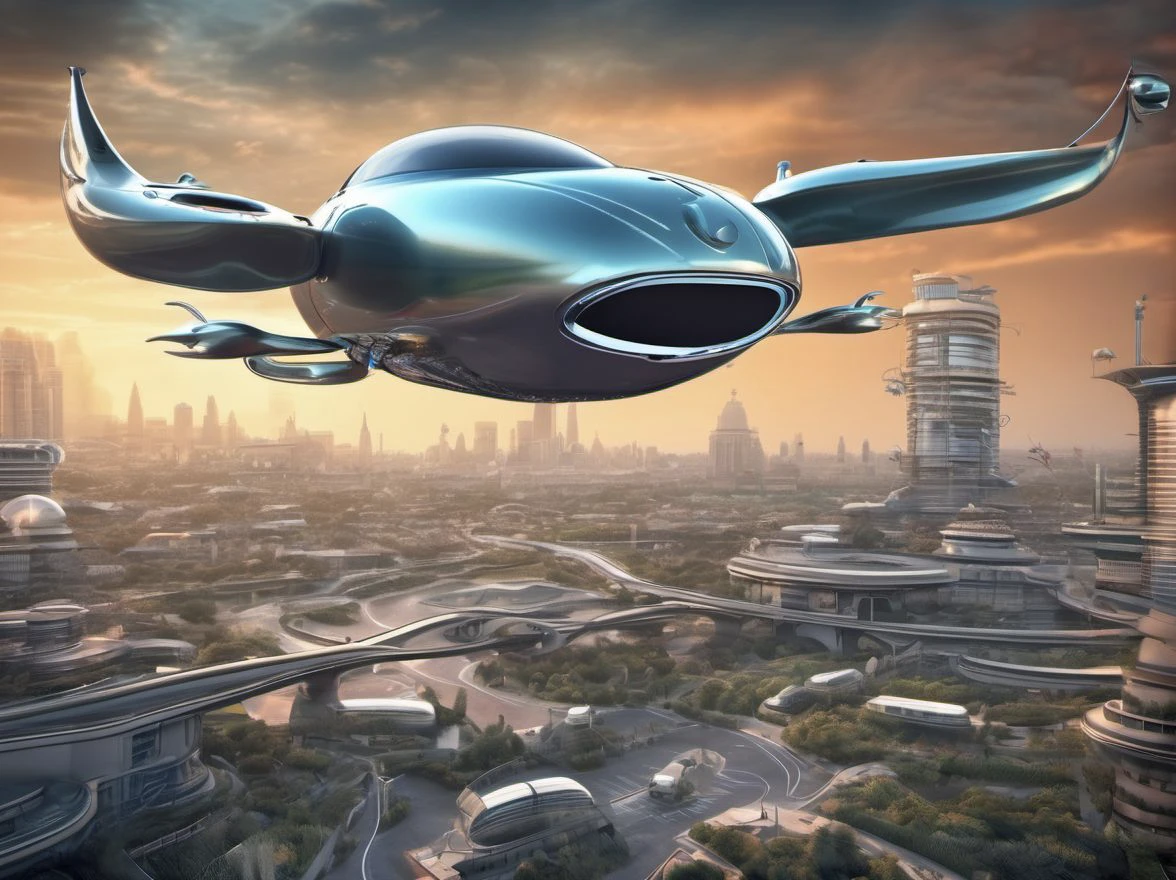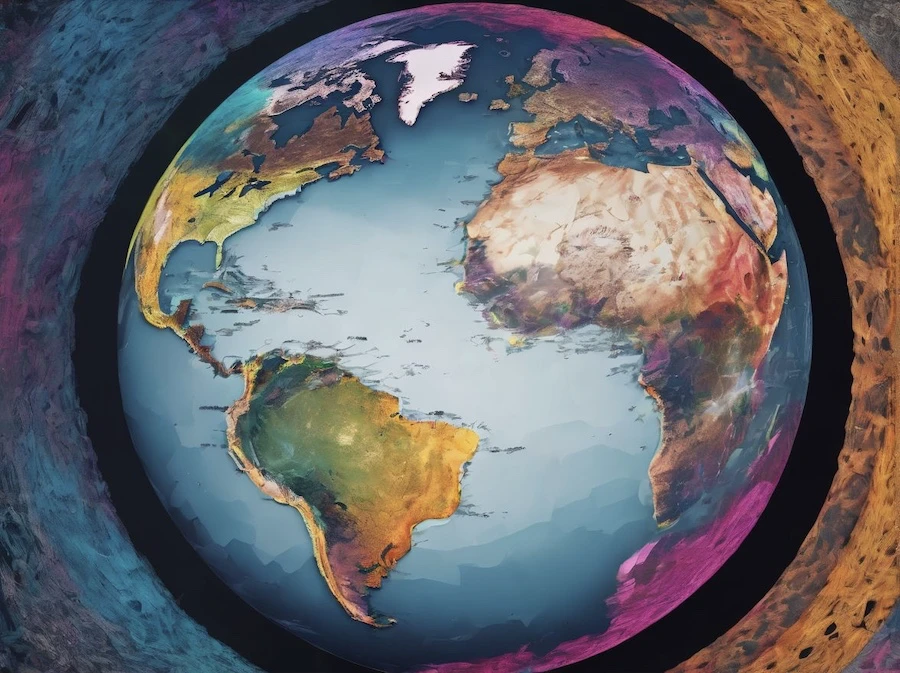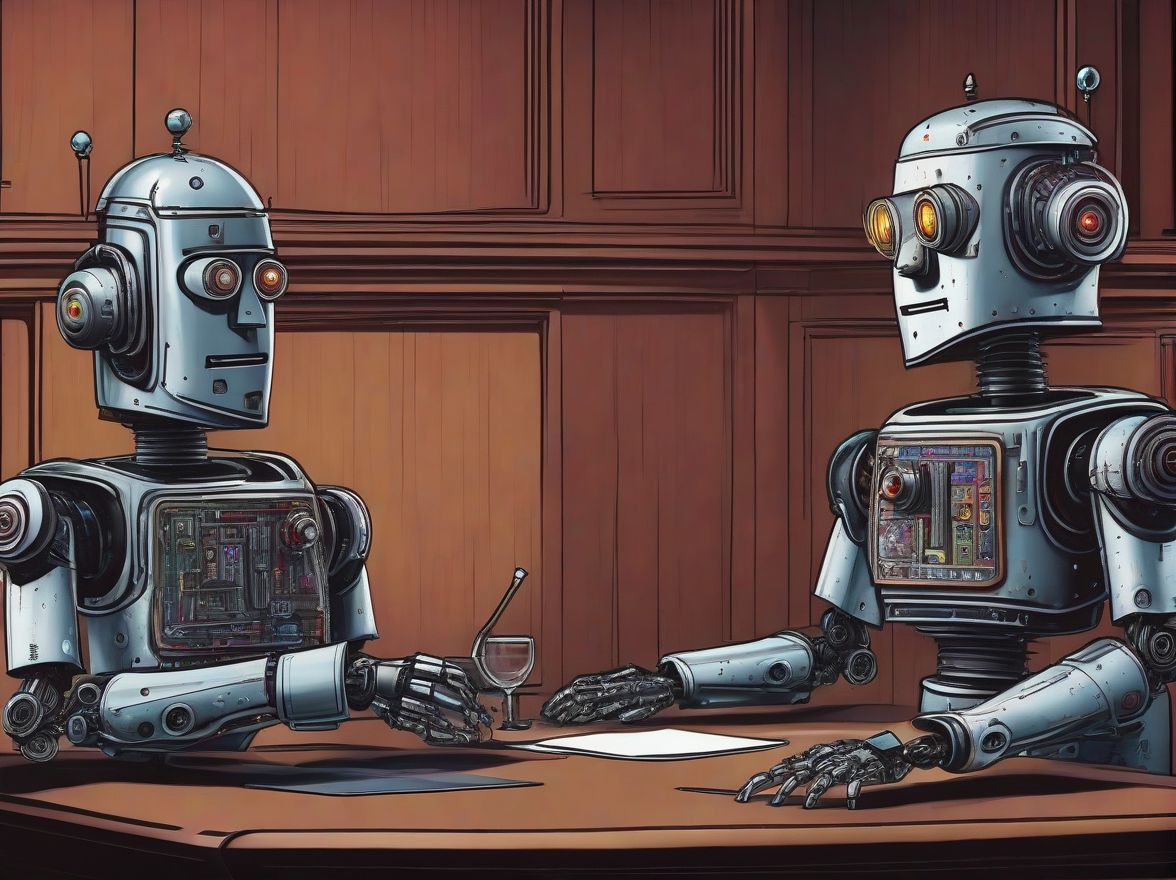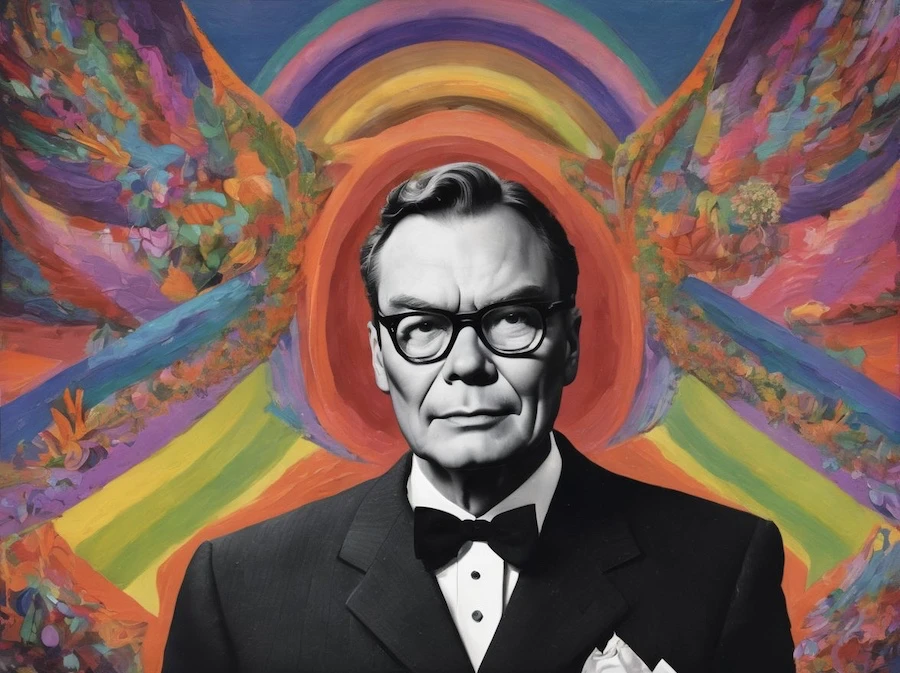September 25, 2023- 3RD OF 3
The Information Age: A User-Friendly Chronicle of Our Digital Revolution
Welcome to this user-focused exploration of the Information Age, a period of profound digital transformation that has reshaped our world. In this article, we will casually traverse the defining features, societal impacts, and future prospects of this fascinating era. So, sit back, relax, and let's embark on a journey through the Information Age with the help of timelines and real-life examples.
Understanding the Information Age (Timeline: 1960s - Present):
The Information Age, as we know it today, emerged in the 1960s with the advent of computers and digital technology. Back then, computers were colossal machines found only in research institutions. Fast forward to the 1970s, and we witnessed the birth of the personal computer, exemplified by the Altair 8800. This marked the democratization of computing power, putting it into the hands of individuals.
Easy Access to Knowledge (Timeline: 1990s - Present):
The 1990s ushered in a revolution with the widespread adoption of the internet. This timeline is punctuated by the launch of the World Wide Web by Sir Tim Berners-Lee in 1991. Suddenly, information was available to anyone with an internet connection. Libraries, encyclopedias, and maps found their digital counterparts. Today, examples like Wikipedia and Google Search illustrate how we access information effortlessly.
The Power of Connectivity (Timeline: Late 1990s - Present):
As the 21st century dawned, connectivity became paramount. The rise of social media platforms like Facebook (2004) and Twitter (2006) fundamentally altered the way we communicate. Instant messaging services such as WhatsApp (2009) connected people globally in real-time. This interconnectedness exemplified by platforms like LinkedIn fosters professional relationships transcending borders.
Transformation in the World of Work (Timeline: 2000s - Present):
In the 2000s, e-commerce experienced exponential growth, with Amazon leading the charge. This shift revolutionized retail, reshaping consumer habits and business strategies. Concurrently, smartphones gained prominence, with the release of the iPhone in 2007, enabling us to work and stay connected from virtually anywhere. Yet, the Information Age also witnessed the rise of automation in industries like manufacturing and logistics.
Challenges We Must Confront (Timeline: 2010s - Present):
The 2010s brought challenges along with advancements. The concept of information overload became palpable as we navigated a sea of content. Instances of cybersecurity breaches, exemplified by the Equifax breach in 2017, underscored the importance of online security. The proliferation of fake news, exemplified during the 2016 U.S. presidential election, highlighted the need for media literacy.
Glimpsing into the Future (Timeline: 2020s - Forward):
As we approach the 2020s, the Information Age shows no sign of waning. Artificial intelligence (AI) and automation continue to advance, with AI-driven chatbots becoming ubiquitous. The Internet of Things (IoT) is revolutionizing homes and industries, from smart thermostats to autonomous vehicles. Quantum computing and augmented reality (AR) technologies, like Microsoft's HoloLens, are on the horizon, promising to redefine how we compute and interact with the world.
In closing, the Information Age is a captivating journey marked by significant milestones and ongoing transformations. As we navigate this era, let us remain informed, exercise discernment online, and embrace the incredible technological developments that lie ahead. Thank you for joining us on this user-friendly expedition through the Information Age – an era that continues to redefine our world in profound ways.

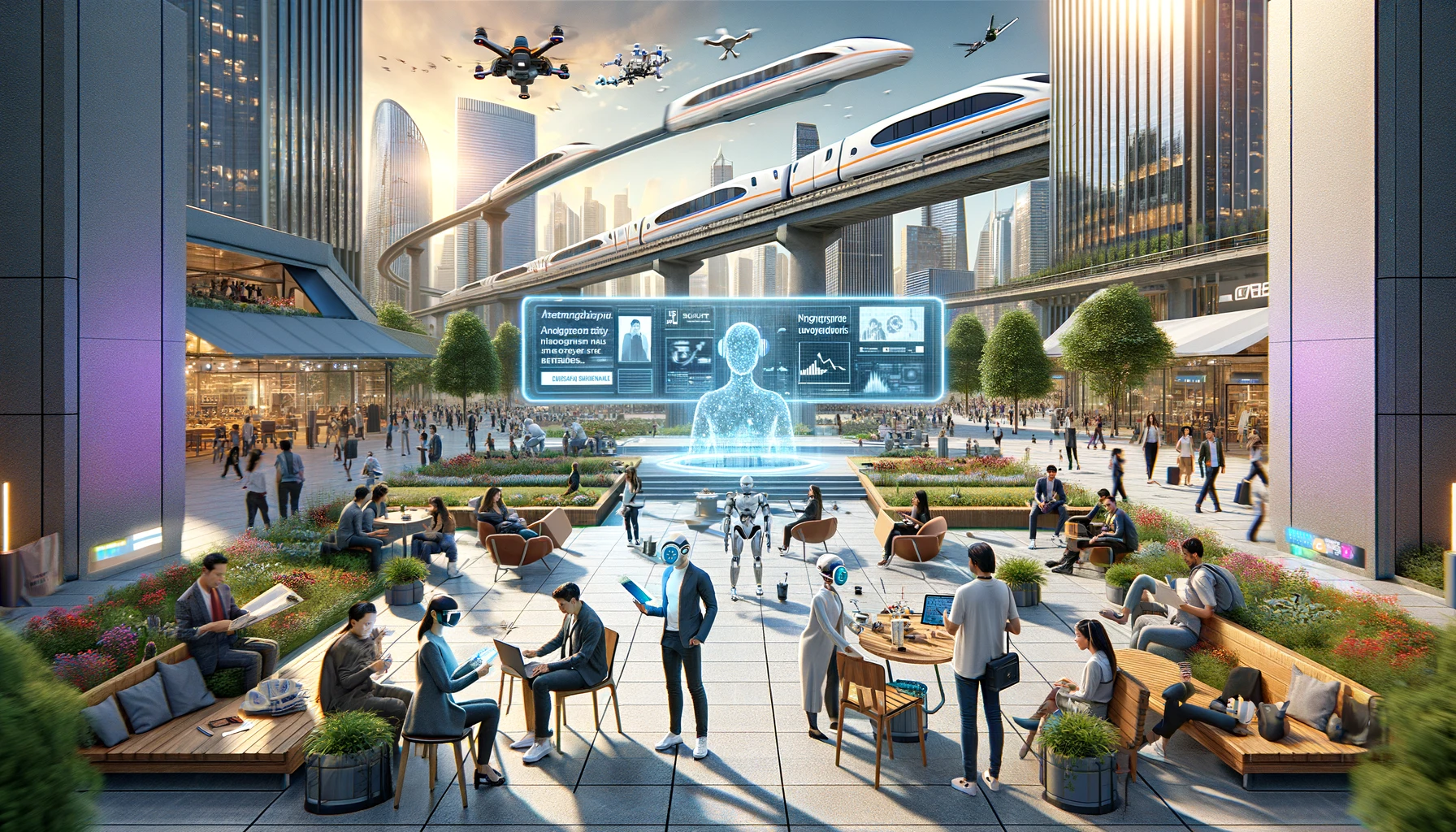

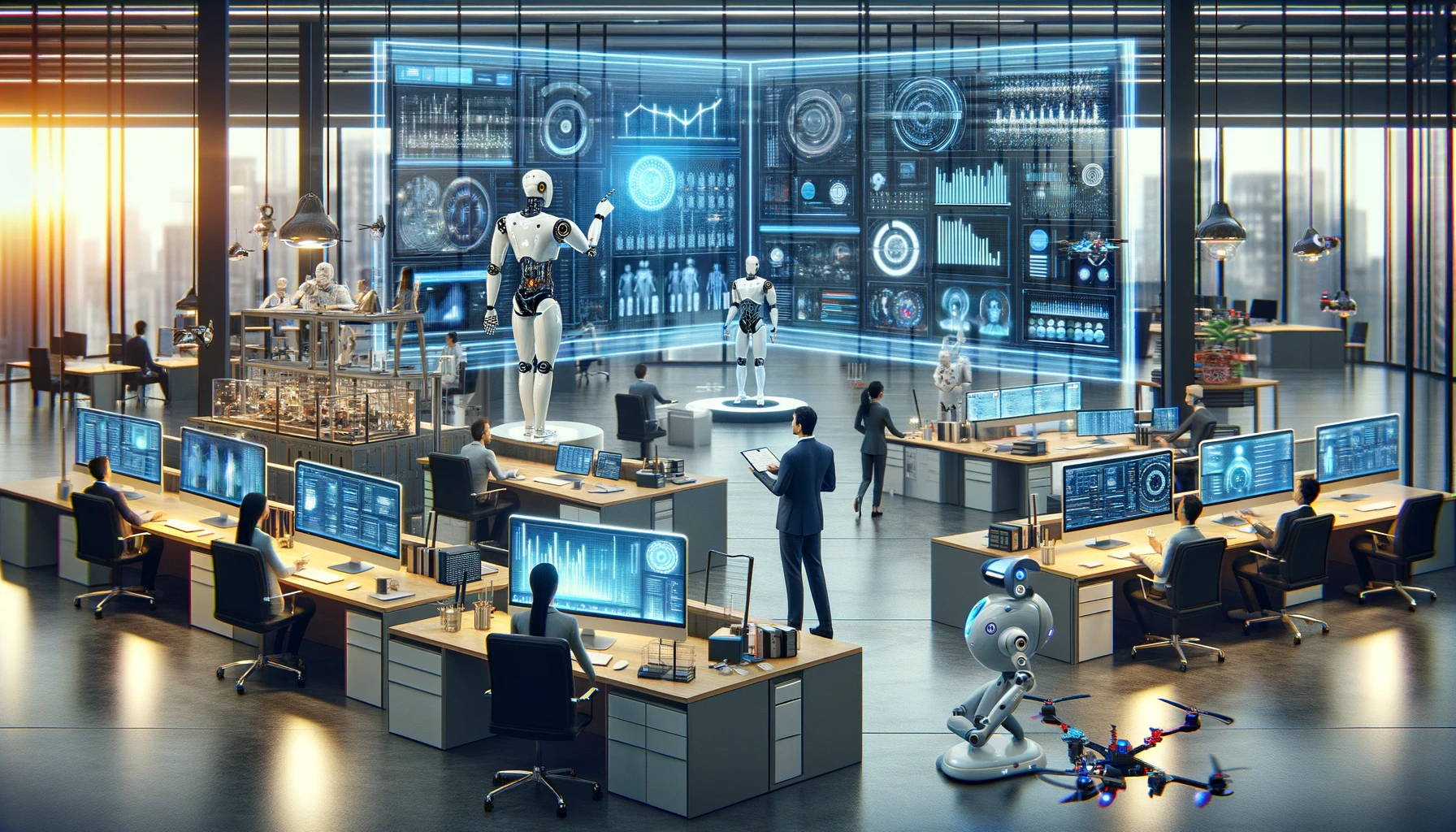
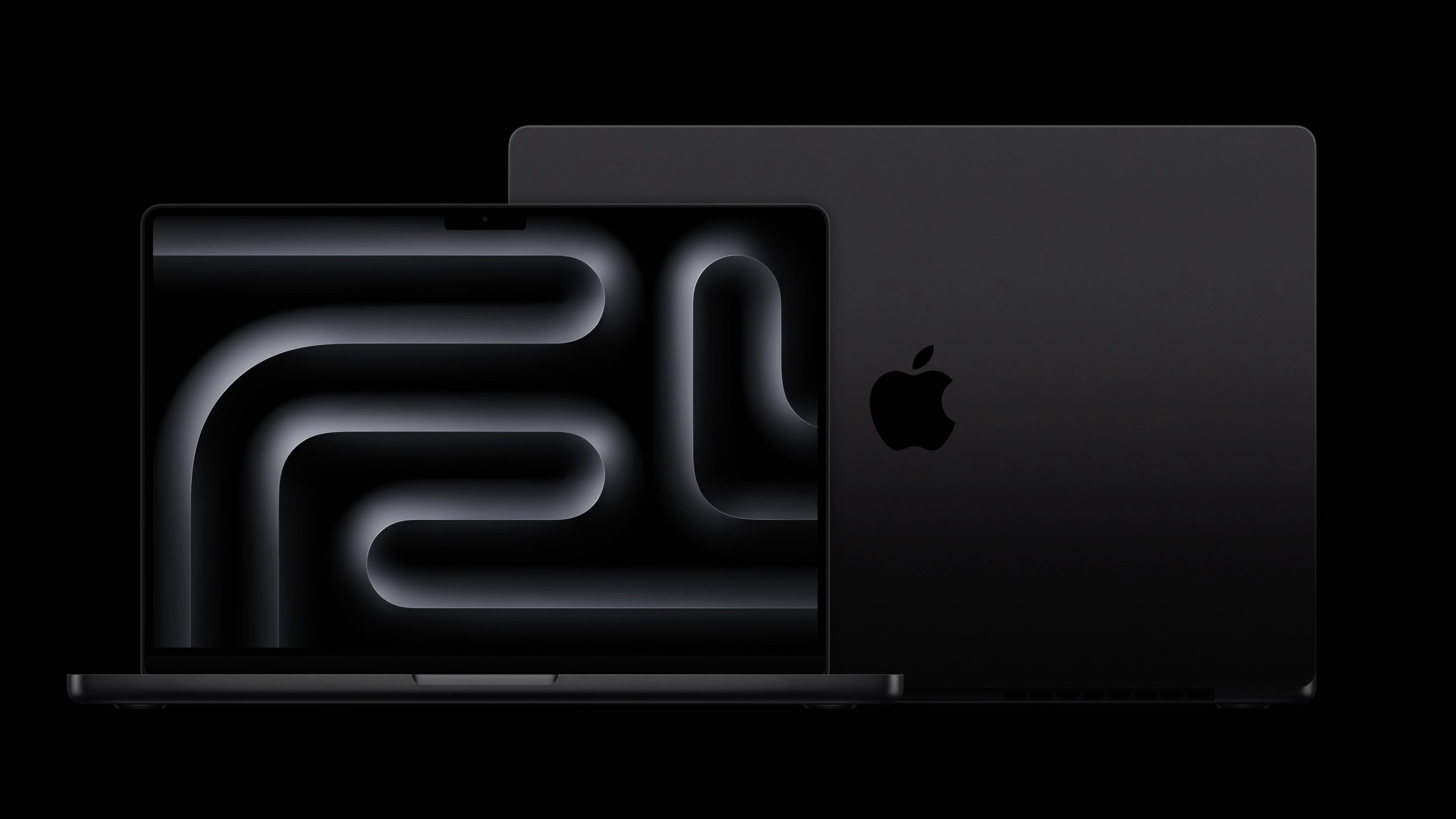






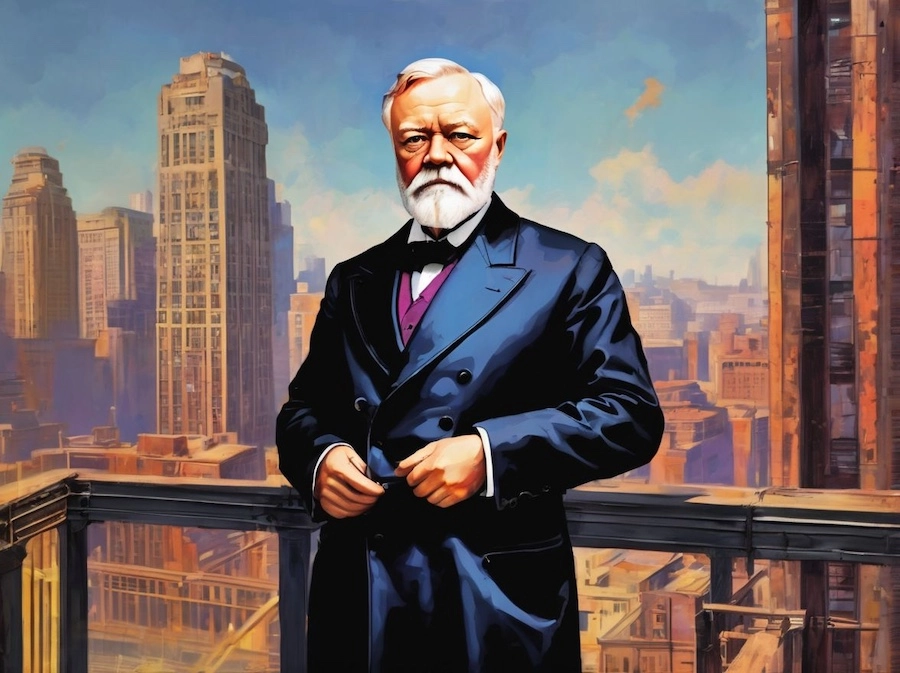
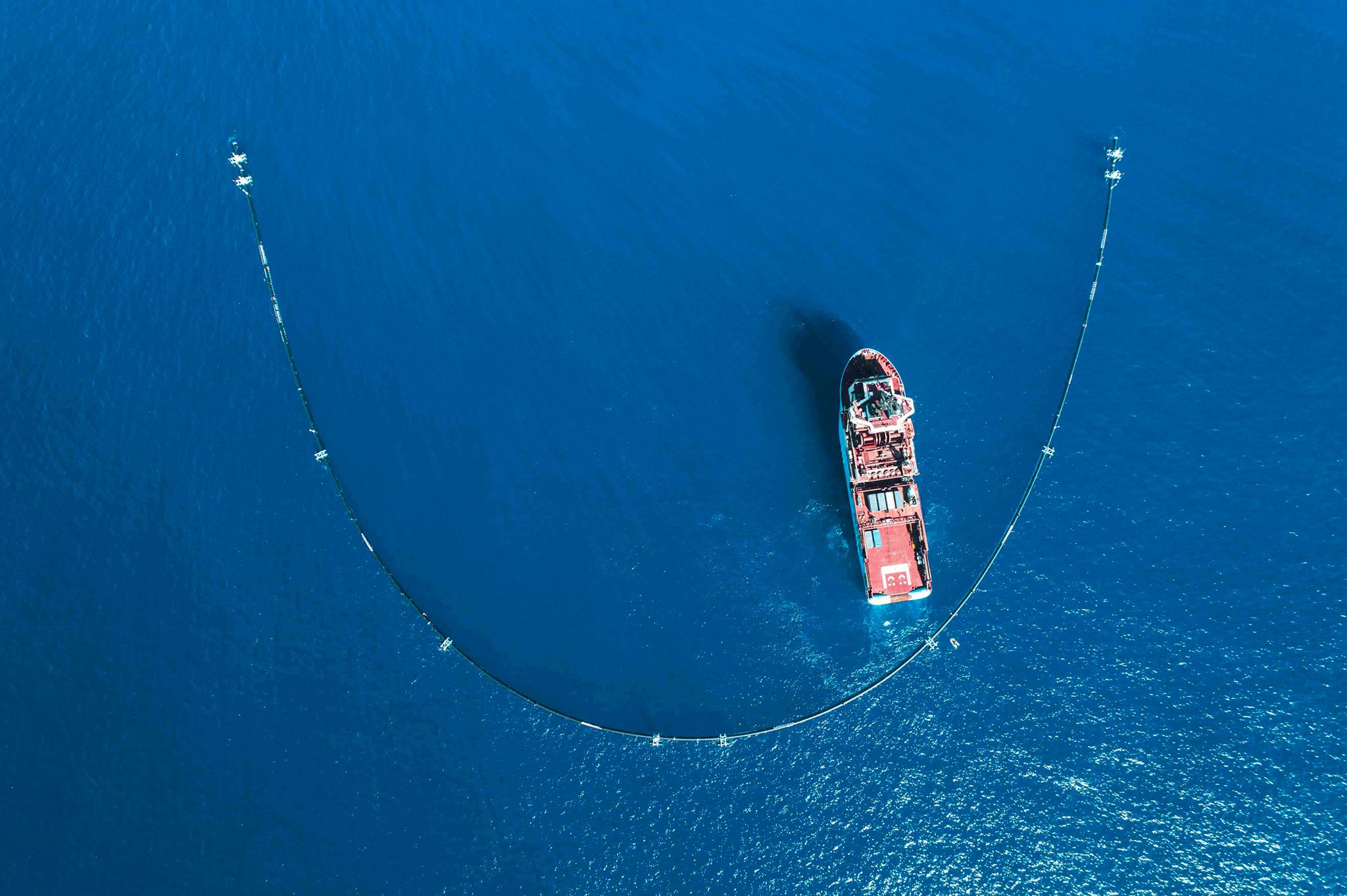
















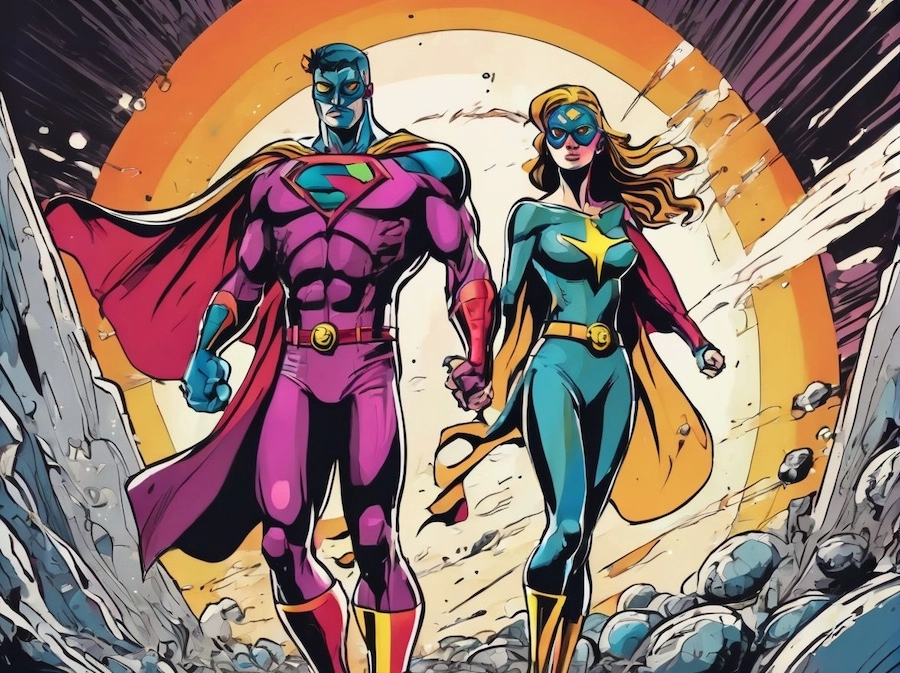


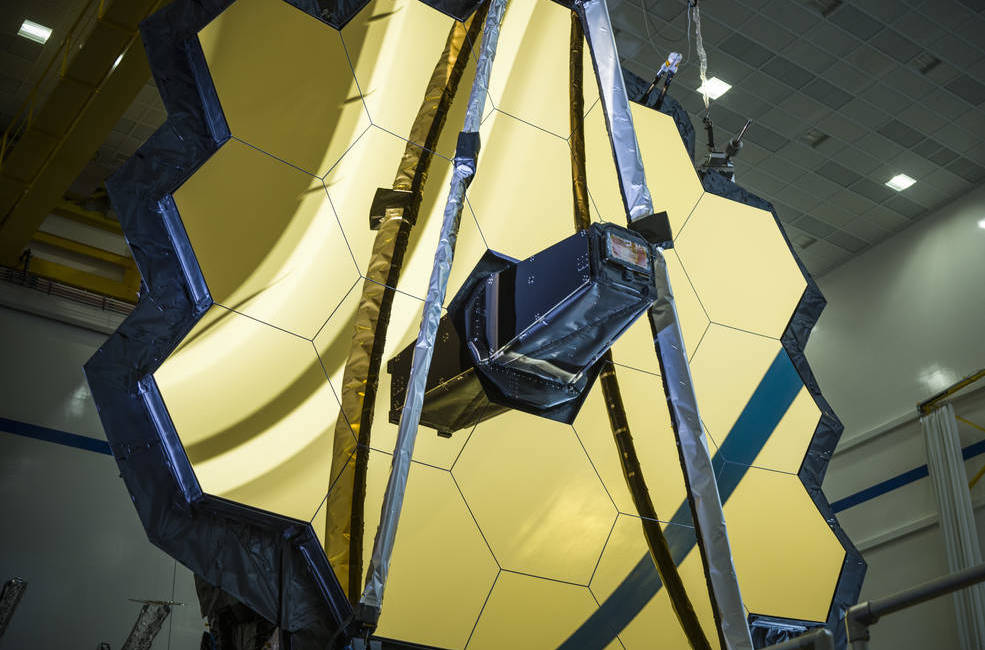

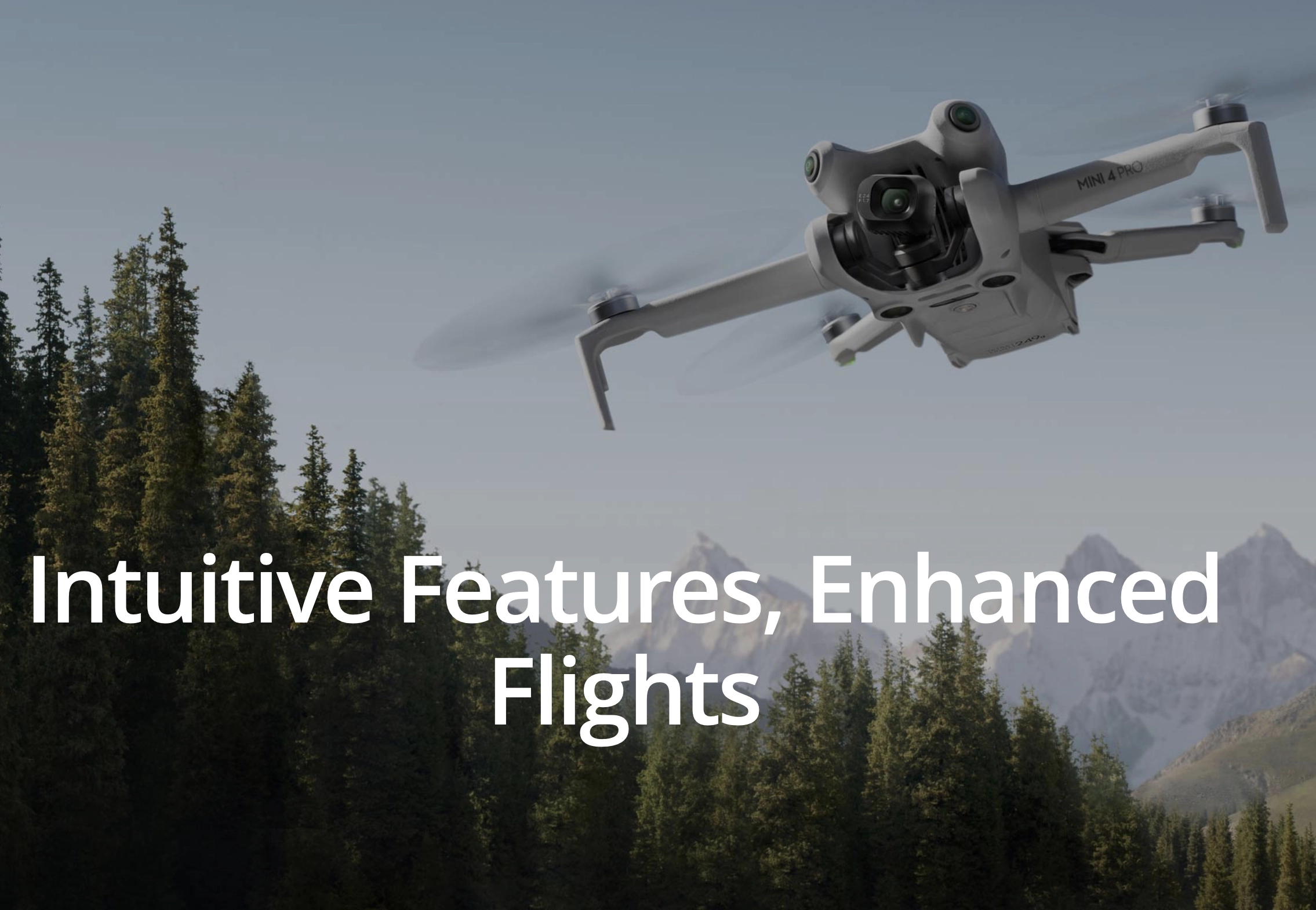



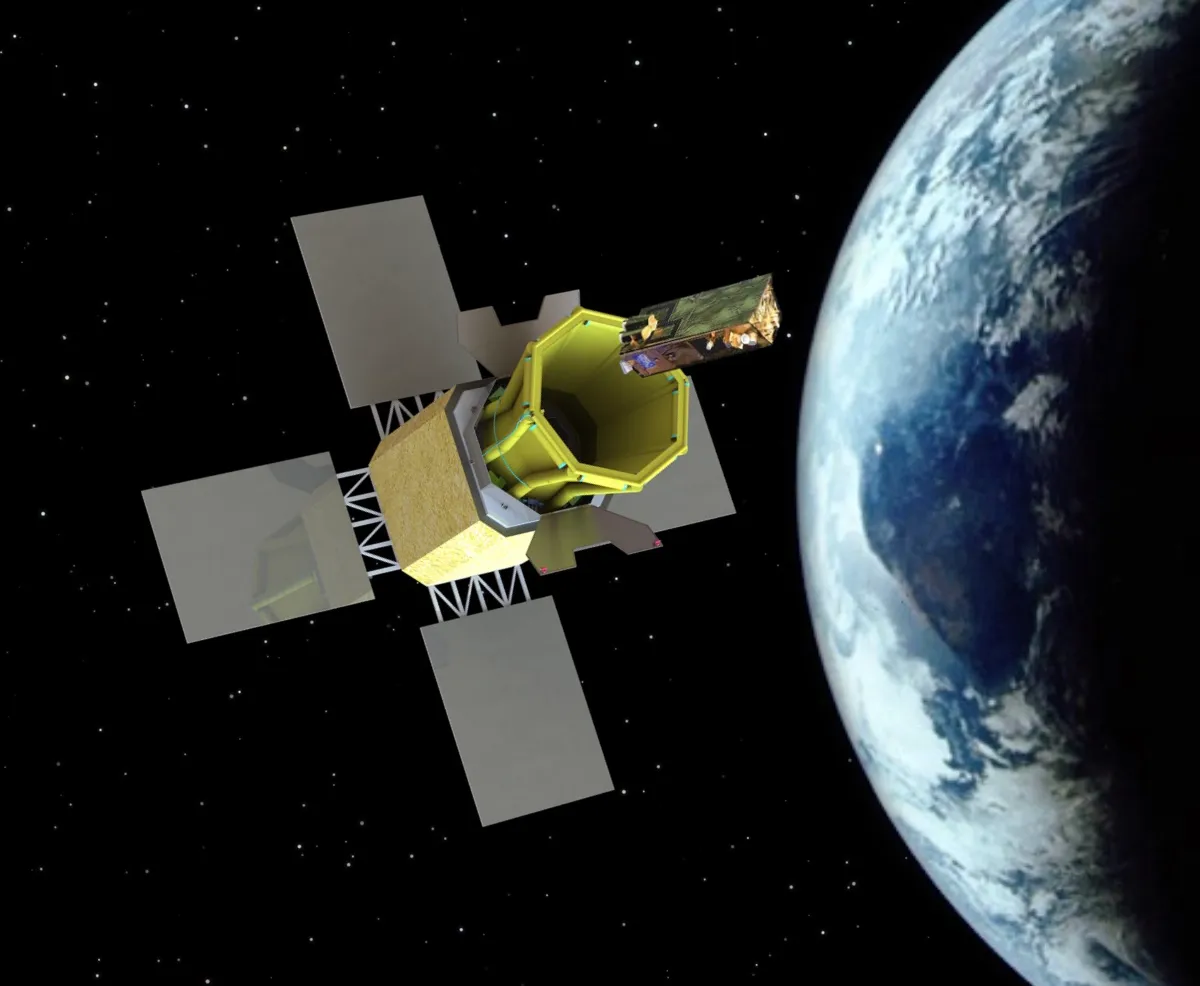


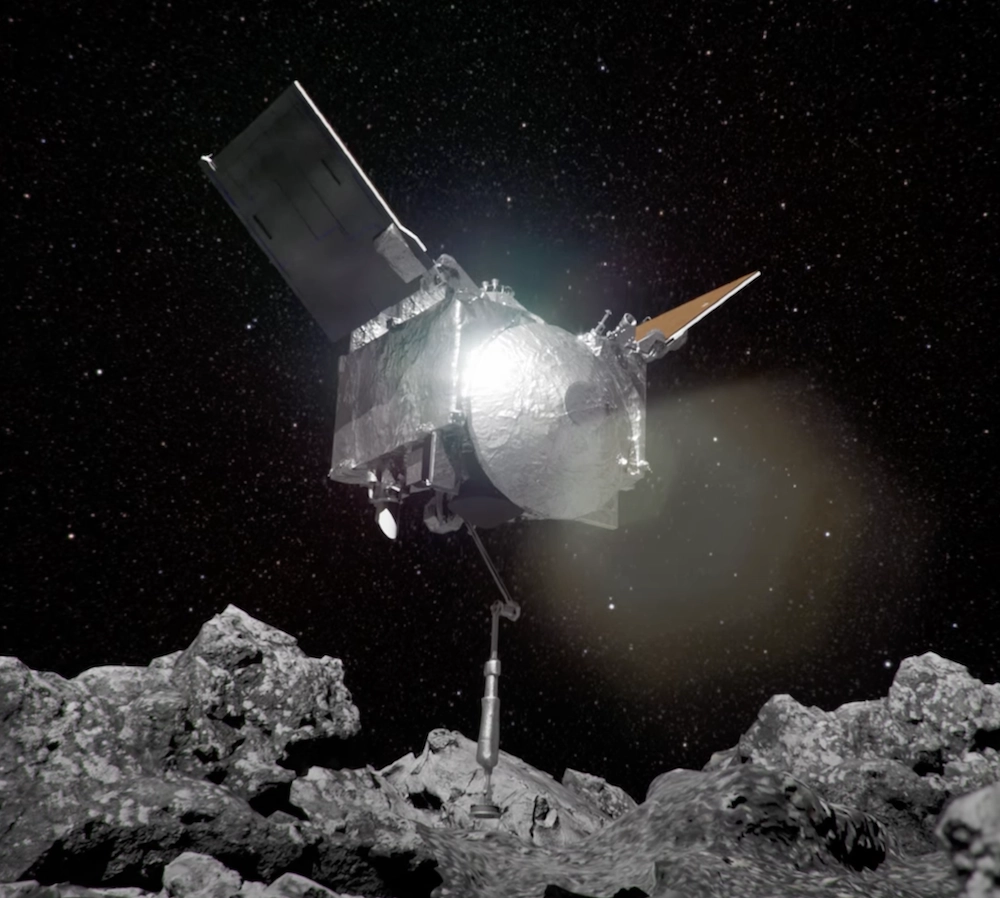

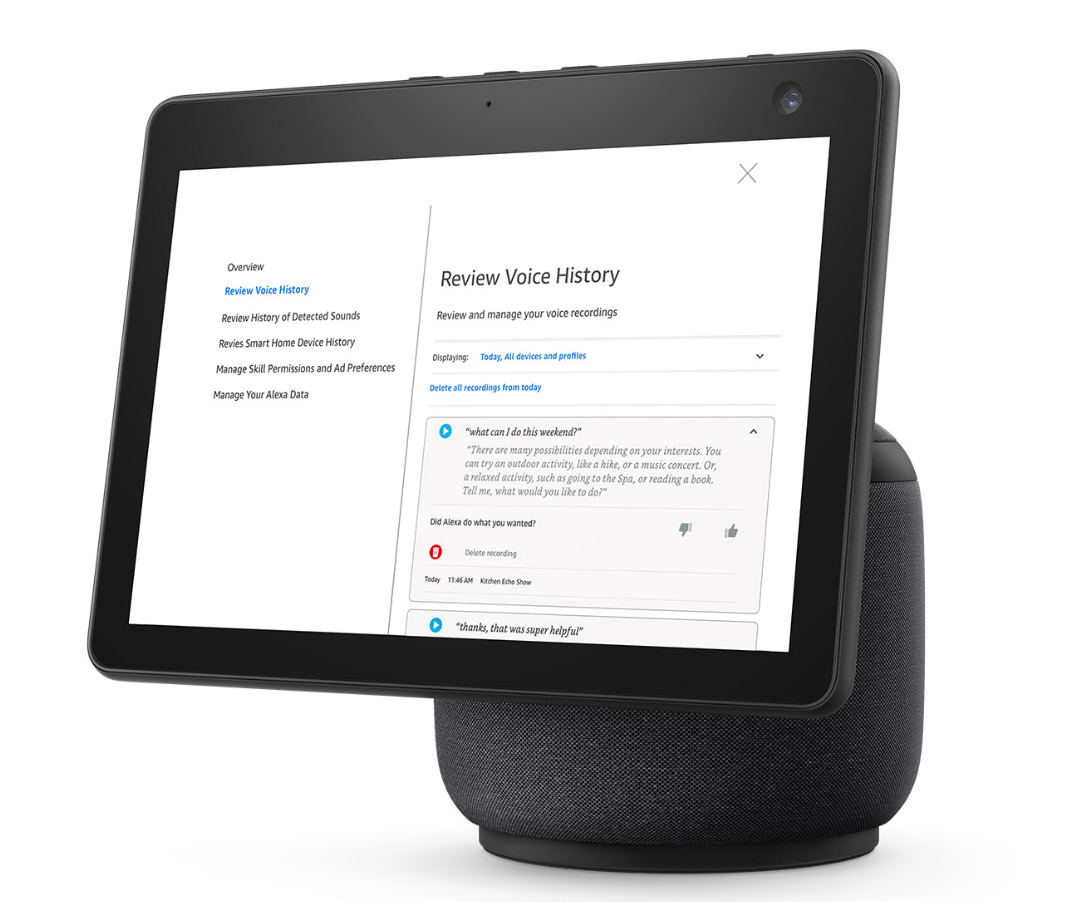


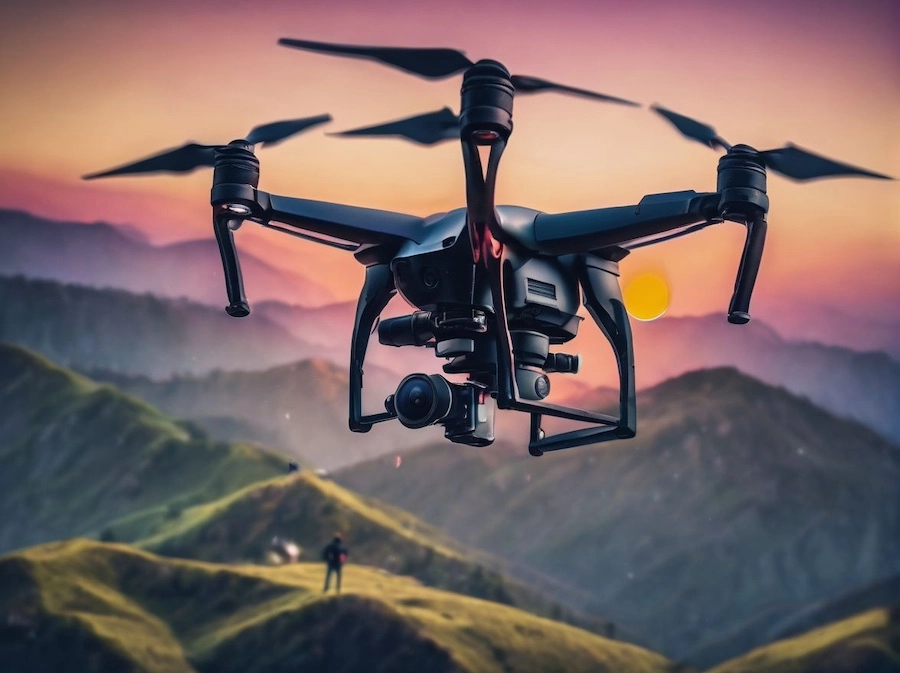
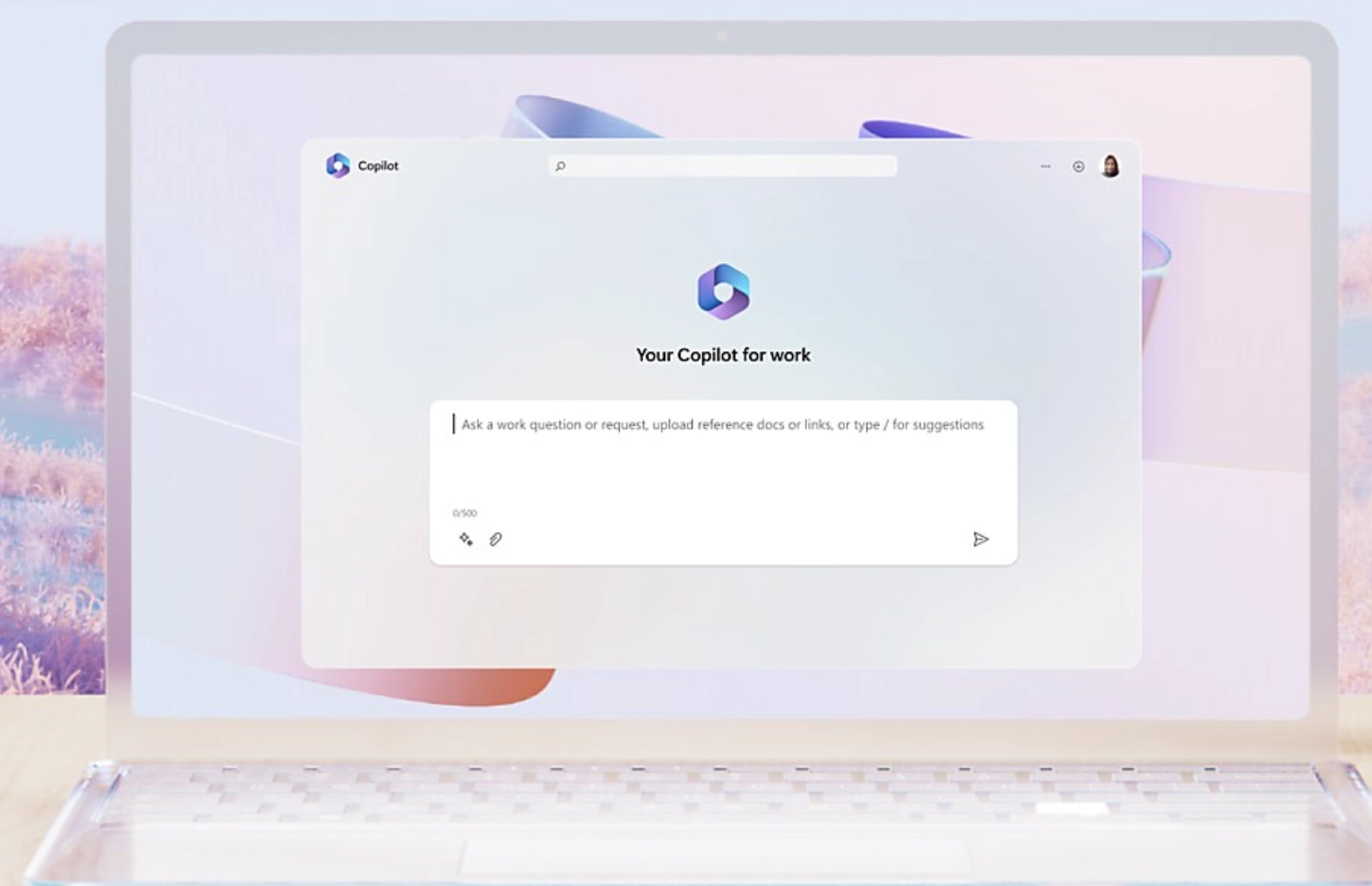

.webp)
.webp)

